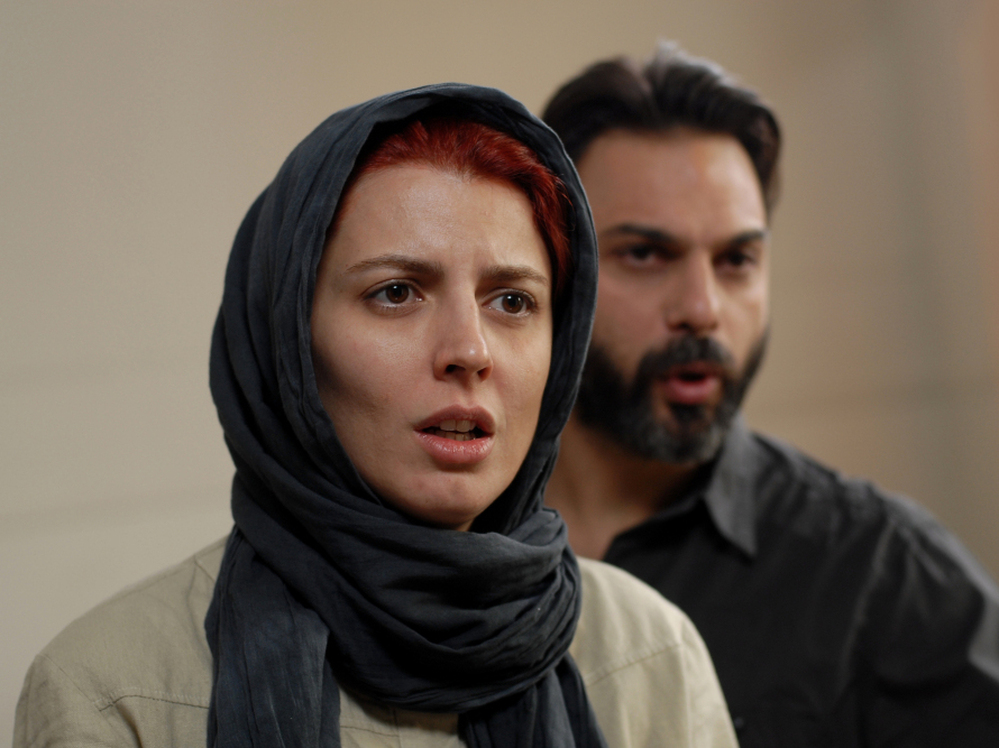John-John.
By mastering a certain visual style that seems to have little to no regard on proper framing and composition and also distilling his films through perennially impoverished eyes, Brillante Mendoza has navigated through the local and international film scene alike (while nabbing some prestigious awards in the process) as some kind of master of derelict cinema. From the sex and filth of modern Filipino urbanites to the incidental violence that occurs in the far south, he has debunked the so-called mystique of social change by presenting unto us films that deal with seemingly insoluble societal problems. And by depriving his films of any melodramatic garbs (except maybe "Kaleldo"), he gives us new albeit pungent insights into the strains of modern Filipino existence. But here in "Foster Child", penned by regular collaborator Armando Lao, his concern is not much geared towards something broad and socially pervasive as in his later films but specifically on the beauty of 'foster care' and how it functions as a seemingly odd vocation.
Its story, quite simple enough, is about a mother of two named Thelma (the underrated Cherry Pie Picache in a most emotionally involving performance) and her government-sanctioned job as a foster parent. Taking care of a supposed Filipino-American kid named 'John-John', the film explores her everyday life as a surrogate mother to this poor, parentless little sap. Even her close acquaintances, namely a gay man and her very own employer (Eugene Domingo) are, in a way, parents in the most unnatural of circumstances. The first, being a homosexual, takes care of his lover's daughter from a previous marriage, while Thelma's employer, presumably a 24/7 kind of worker, is determined to be the best mother and wife that she can be despite a most passive husband.
Although it's not overtly suggested, "Foster Child", a most emotionally sound film, hints at the fact that the lives of foster parents are, in many ways, enclosed in a painful cycle of loving and letting go. I know it by fact because our family has once taken care of a parentless baby for about 2 months, and the pain of finally giving the baby to its legal adopters is just quite hard to bear. Now, think of repeating this emotional rollercoaster again and again. This, for me, is at the heart of what "Foster Child" is trying to empathize with, and Brillante Mendoza succeeds in immersing us into this bittersweet world with little to no emotional artificialities. Best scene? The part where the camera lingers on a premature baby inside an incubator, and how it slowly tilts up to reveal Thelma's priceless body language and facial expression; she knows that only the likes of her can give meaning to this little boy's life, and as hard as it is to bear, hers is a motherly love that's on retail.
The film, typical of Mendoza, has no concrete script. Instead, the film is comprised of scenes that are merely brought to life by clever improvisations and reactionary acting. Even the plot, as free-flowing as it is, seems to work purely by intuition. The cinematography, as shaky and as non-intrusively observant as it is, just goes to show how Brillante Mendoza has mastered the art of cul-de-sac filmmaking: that is, the style of shakily shooting films through narrow passes, concrete dead ends and shanty-jammed mazes. And by combining it with improvisational acting, "Foster Child" was able to achieve a purer and infinitely more spontaneous form of filmmaking not seen since the heydays of Brocka and Bernal.
"Foster Child", aside from its individual merits as a film, is also a sign of things to come for Brillante the auteur. It's a film that's so painfully unseen by most people that many quickly dismiss Mendoza's body of work, often immediately after seeing his darker films like "Serbis" and "Kinatay" and nothing else, as socially exploitative hogwash. On the contrary, I think Brillante Mendoza may perhaps even be the most emotionally articulate director working today without even trying hard to do so, and it is in his more tender films like "Foster Child" where it truly and glowingly shows.
FINAL RATING

.jpg)








